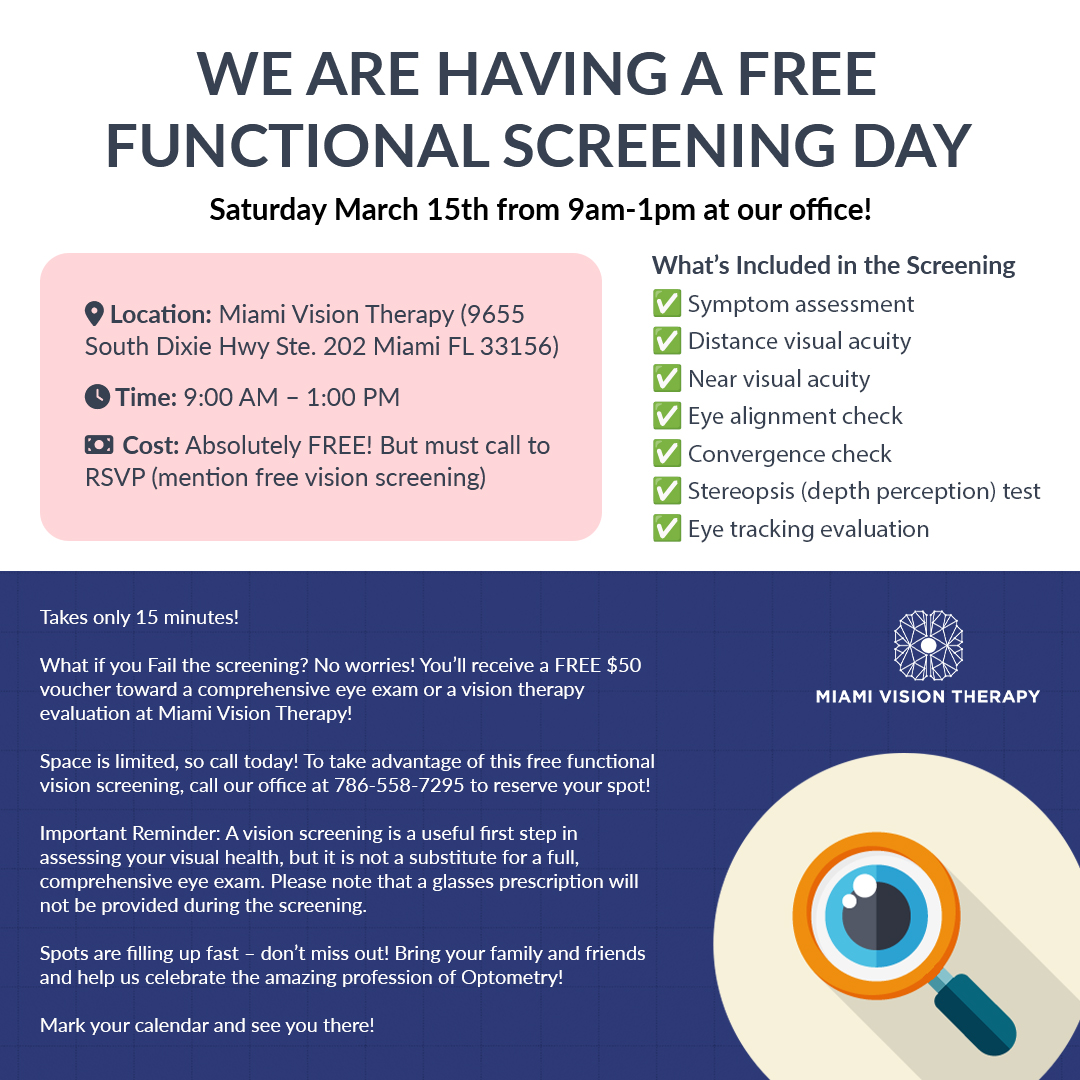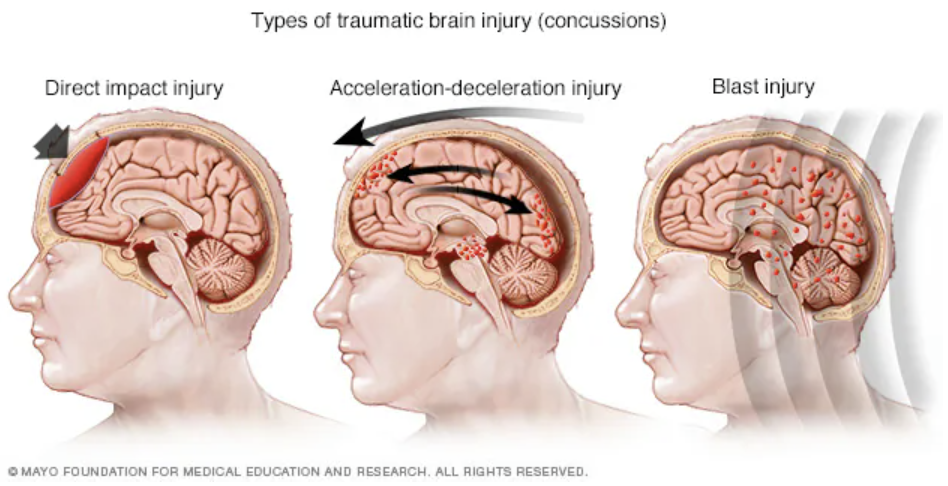


September 28, 2025
Dr. Eric Chow
And how vision therapy helps patients get their lives back
Many concussion patients are told they’re “fine.” Their CT scans are clear. Their eye exams show 20/20 vision. But something still feels off. They can’t read without getting dizzy. Scrolling on a phone makes them nauseous. Grocery stores feel overwhelming. And too often, they hear that it’s “all in their head.”
Technically, it is—because the brain, not the eyes, is often where the problem starts. But that doesn’t mean the symptoms aren’t real. And it certainly doesn’t mean there’s nothing that can be done.
Concussions frequently affect visual function, not just eyesight.
Symptoms like double vision, light sensitivity, and eye strain are common.
These issues often go undetected in standard eye exams.
Neuro-optometrists use advanced and specialized testing to identify and treat post-concussion vision problems.
Vision therapy helps retrain the brain and eyes to work together again.
After a concussion or mild traumatic brain injury (mTBI), patients often cycle through multiple providers—primary care doctors, neurologists, ophthalmologists, general optometrists—all of whom may say everything looks “normal.” And from their perspective, it does.
But most routine exams check for eye health and how clearly you see on a chart. They don’t assess how well your eyes work together or how your visual system is functioning under real-world conditions. That’s where functional optometry steps in.
“Good vision isn’t just about what your eyes see—it’s about how your brain processes and responds to that information,” says Dr. Eric Chow, a neuro-optometrist and vision therapy specialist in Miami. “You can have perfect acuity and still be miserable.”
More than half of concussion patients experience visual symptoms that can make daily life frustrating, even debilitating. The most common post-concussion vision issues include:
Blurred near vision: Trouble focusing on phones, books, or screens.
Double vision: Overlapping images, especially when reading or tracking motion.
Light sensitivity: Regular lighting may feel harsh, painful, or disorienting.
Dizziness and balance issues: Caused by disrupted coordination between the visual and vestibular systems.
Eye strain and fatigue: Especially during tasks requiring sustained focus.
These symptoms often stem from disrupted communication between the eyes and the brain—not from damage to the eyes themselves.
Concussion symptoms are often subtle and variable. While a neurologist may check for memory and speech changes, and an ophthalmologist may assess for structural eye damage, few conduct in-depth evaluations of visual function—skills like tracking, focusing, and eye teaming.
And while both optometrists (ODs) and ophthalmologists (MDs and DOs) are board-certified professionals, their training differs. Ophthalmologists specialize in eye surgery and disease. Optometrists focus more on functional vision, especially those trained in neuro-optometric rehabilitation.
“When someone has a concussion, they need more than just a basic eye exam,” Dr. Chow explains. “They need someone who understands how to test the parts of the brain that deals with vision—not just the eyes.”
Vision therapy is a doctor-directed, evidence-based rehabilitation program designed to restore visual function after injury. Think of it as physical therapy for the eyes and brain.
At Miami Vision Therapy, concussion recovery programs may include:
Eye movement and tracking exercises
Binocular vision training to reduce double vision
Visual-vestibular integration for dizziness and balance
Light sensitivity strategies and accommodations
Cognitive-visual tasks to improve concentration and endurance
Treatment plans are customized for each patient and supervised by a neuro-optometrist. Most patients complete therapy over several weeks or months, depending on severity.
Yes. Multiple studies in peer-reviewed journals confirm that vision therapy can reduce post-concussion symptoms such as blurred vision, poor eye tracking, and visual motion sensitivity. Research also shows that addressing visual deficits can improve academic, occupational, and athletic performance post-injury. You can find published studies and references on our website: miamivt.com/research
If you’ve had a concussion—or even a suspected one—and are dealing with lingering vision symptoms, don’t ignore them. Especially if you’ve been told everything looks “normal.”
Common signs that vision therapy may help include:
Blurred or double vision
Difficulty reading or concentrating
Headaches after visual tasks
Dizziness in crowded or bright environments
Trouble with screens or scrolling
Feeling overwhelmed in busy spaces
An evaluation with a neuro-optometrist can identify the root causes of these symptoms and provide a clear plan forward.
Post-concussion vision problems are real. And they’re treatable.
Vision therapy offers hope for patients who feel stuck between normal test results and ongoing discomfort. It helps rebuild the connection between the eyes and the brain—restoring not just sight, but the ability to function and feel like yourself again.
If you or someone you know is recovering from a concussion and still struggling to read, focus, or keep up with daily life, don’t settle for “it’s all in your head.” Instead, find a provider who understands the brain-eye connection.
Dr. Eric Chow is a member of the Neuro-Optometric Rehabilitation Association (NORA) and offers comprehensive neuro-visual evaluations at Miami Vision Therapy. You can also search for a NORA-trained provider near you at noravisionrehab.org.
Vision is more than just seeing clearly.
It’s how your brain makes sense of the world.
And after a concussion, it deserves the right kind of care.